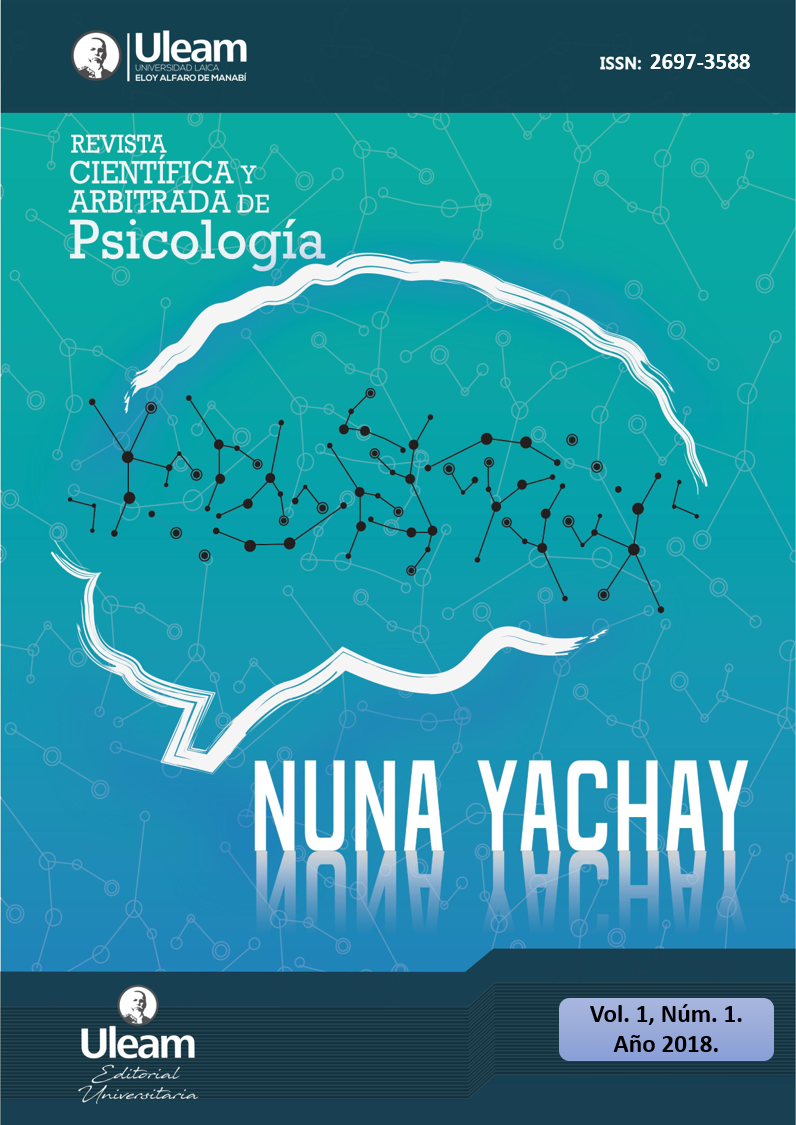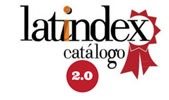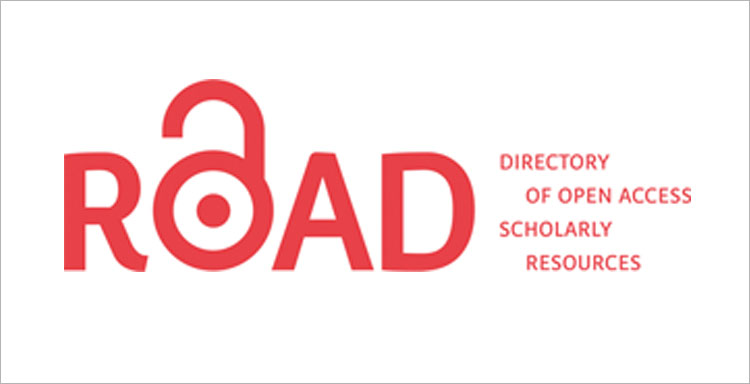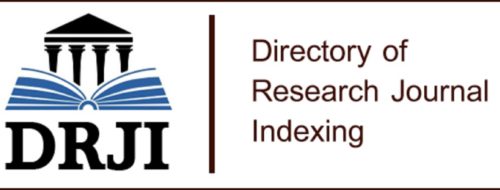Psychosocial conditions in secondary school children with literacy difficulties
Investigation article
Keywords:
psychosocial conditions, learning difficulties, literacyAbstract
To meet academic demands, schoolchildren need both stimulation to promote their development, as well as access to resources that allow them to overcome educational challenges. The conditions of the contexts in which a subject operates may represent benefits or limitations in the learning processes, especially in literacy skills. The objective was the psychosocial characterization of the study subjects. The research has a quantitative, descriptive, cross-sectional approach, a group of 101 schoolchildren from the basic middle school of the Juan Montalvo Fiscomisional Education Unit, chosen by intentional sampling based on expert consultation, was approached. The schoolchildren were characterized according to the psychosocial conditions of interest, showing a prevalence of a medium socioeconomic level, with families that maintain good relationships among their members; Different levels of difficulty in literacy were identified, with most of the subjects studied having a slight level of difficulty; The non-statistical association between both variables indicates that despite having difficulty in reading and writing skills, the students were able to achieve high or regular academic averages, the school support of the parents is not associated with the development of the aforementioned skills, good relationships Family members were associated with lower levels of difficulty in literacy. It is concluded that the psychosocial conditions of the population studied, despite not being the most appropriate, can be associated with the development or improvement of reading and writing skills, the context of the family is important for schoolchildren to develop their potentials and overcome the limitations of the academic context.
Keywords: psychosocial conditions, learning difficulties, literacy.
Downloads
References
Ajuriaguerra, J. (1980). Manual de psiquiatría infantil. https://www.down21.org/.
Bronfenbrenner, U. (1987). La cambiante ecología de la infancia. Implicaciones en el terreno de la ciencia y de la acción. Psicología y Educación. Realización y tendencias actuales en la investigación y en la práctica, pp. 44-56. http://psicopedagogosrioiv.com.ar/wordpress%20colegio/wcontent/uploads/2017/07/la-ecologia-del-desarrollo-humano-bronfenbrenner-copia.pdf.
Campos, C., Peris, M., Galeno, M. (2011). Factores protectores y de riesgo en alumnos de una institución pública y otra privada. Paraguay: Eureka revista de investigación científica en psicología, 8, 114-133. http://pepsic.bvsalud.org/scielo.php?script=sci_arttext&pid=S2220-90262011000100012.
Carbonell, J., Carbonell, M., Gonzales, M. (2012). Las familias en el siglo XXI: una mirada desde el derecho. Universidad Autónoma del Estado de México, Instituto de investigaciones jurídicas 5. http://www.scielo.org.co/scielo.php?script=sci_nlinks&ref=000182&pid=S1692-8571201400010000200005&lng=es
Eusko Gobierno Vasco. (2007). Definiciones utilizadas en el censo del mercado del trabajo. Departamento de justicia, empleo y seguridad social. http://www.euskadi.eus/contenidos/informacion/5873/es_2266/adjuntos/CMTOferta2002Doc.4.Definiciones.pdf.
Martínez, C., Rúa, A., Redondo, R., Fabra, M., Núñez, A. (2010). Influencia del Nivel Educativo de los Padres en el Rendimiento Académico de los Estudiantes de ADE. Un enfoque de Género, 5(1), 273-1294. http://learningstyles.uvu.edu/index.php/jls/article/view/25.
Moreta, R., Reyes, C., Mayorga, M., León, L. (2017). Estimación sobre niveles y factores de riesgo psicosocial en adolescentes escolarizados de Ambato, Ecuador. Pensando en Psicología, 13, 29-30. https://revistas.ucc.edu.co/index.php/pe/article/view/1986.
Oliva, E., Vera, J. (2014). Hacia un concepto interdisciplinario de la familia en la globalización. Revista Justicia Juris, 10(1), 11-20. http://www.scielo.org.co/pdf/jusju/v10n1/v10n1a02.pdf.
Romero, J., Lavigne, R. (2004). Dificultades en el aprendizaje, unificación de criterios diagnósticos. Editorial Tecnographic, S.L. https://www.uma.es/media/files/LIBRO_I.pdf.
Salas, M. (2013). Guía metodológica correctiva integral neuropsicológica para dificultades específicas en lectura y escritura. (Tesis de pregrado). Universidad Politécnica Salesiana, Ecuador. https://dspace.ups.edu.ec/bitstream/123456789/6037/1/UPS-QT03963.pdf
Varela, A., Osorio, Y. (2014). Identificación de factores psicosociales en la institución educativa los andes de Florencia. (Tesis de pregrado). Universidad Nacional Abierta y a Distancia, Colombia. https://stadium.unad.edu.co/preview/UNAD.php?url=%2Fbitstream%2F10596%2F2744%2F3%2F1117506714.pdf.






3.jpg)











